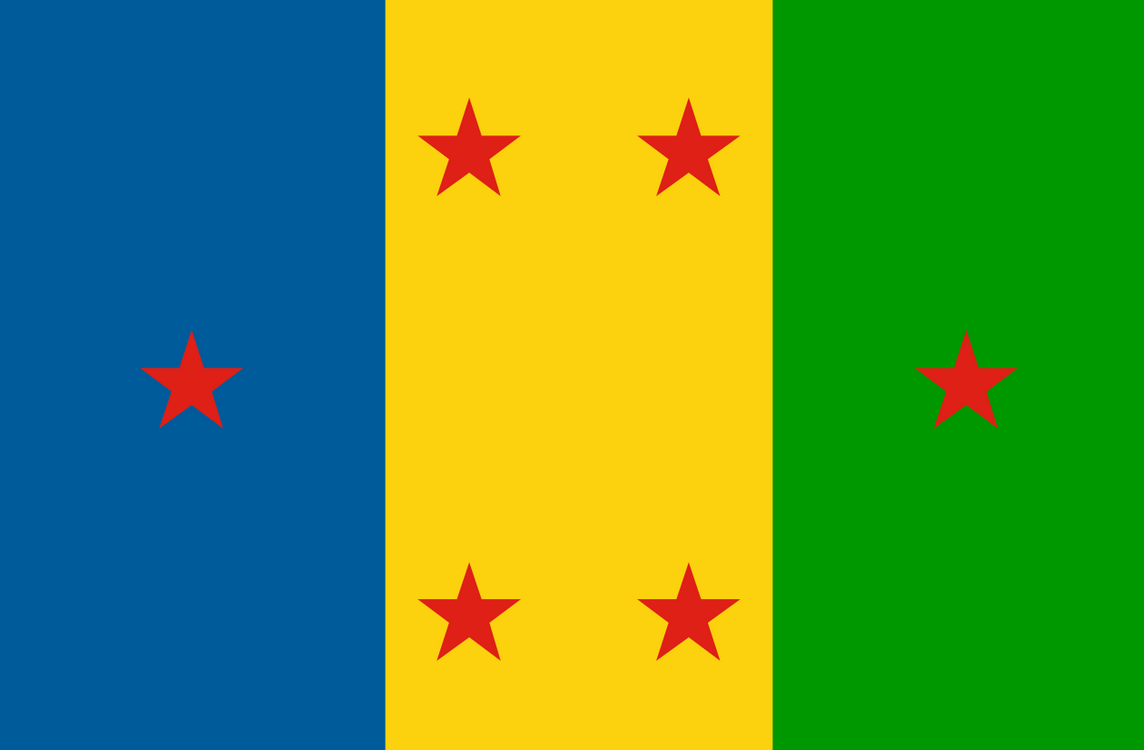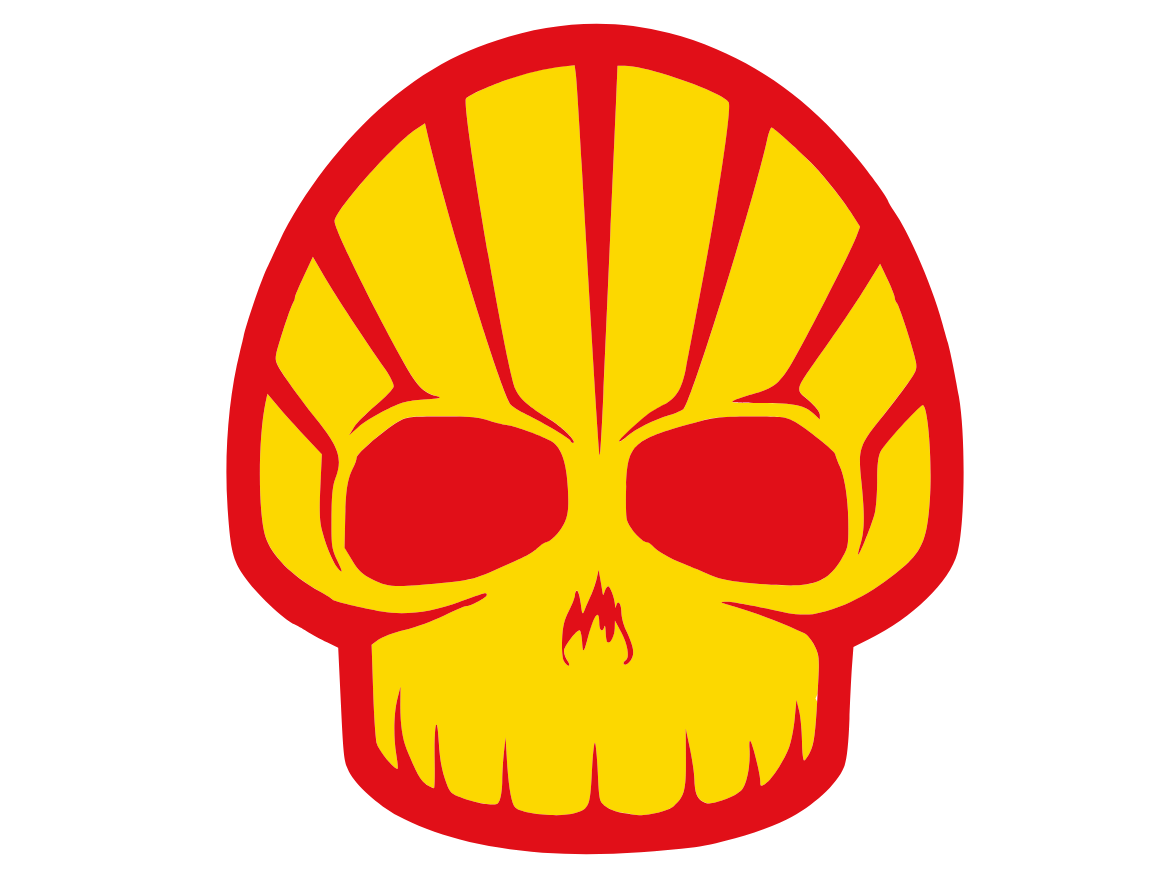The Ogoni

Andrew McGrath
Britain's abandonment of the slave trade in 1807 was moved less by moral objections than by the fact that increasing competition by other countries had undermined its monopoly. Indeed, Britain used the need to end the slave trade as a pretext for direct intervention in Africa: as a result of British military action there to secure trade against French and native influence, Britain laid claim to Southern Nigeria at the Conference of Berlin in 1884-5. But as the Royal Niger Company, given a royal charter to control the Niger and N. Nigeria, was unable to do so, necessitating further military intervention, until in 1906 Britain gained control and divided Nigeria into the Colony (Lagos) and Protectorate of Northern Nigeria, and the Southern. Via the tried and trusted method of indirect rule, the British ran the country for the production of cash crops such as palm nuts and kernels, peanuts, cotton, and cocoa.

It is not so much that such corporations take advantage of political weakness for their own benefit, as that, in their role as state corporations, they help to encourage and prop up politically weak administrations for the benefit of publicly-funded "private enterprise". This system, in its turn, is the bedrock for global political power. The terms of energy exploration in Ireland are a reliable index of the health of Irish democracy: elected representatives have shown total willingness to tie their own hands in matters of national sovereignty It is no accident that Shell and other corporations have taken advantage of the political weakness of the Irish state, so far as to dictate the terms of their involvement in exploration and production in Ireland. The terms allow oil and gas multinationals to declare the size of their own discoveries, without State monitoring of any kind, and to have their expenses reimbursed by the taxpayer for up to 25 years. These terms are a declaration by the Irish government that it heads a client state, to be run in the political and financial interests of America and Britain, interests with which no constitutional right is to be allowed to compete. With this in mind, the fact that Ireland is nominally a democracy is only convenience of inheritance. The State as presently operated is fundamentally anti-democratic.
© The Tara Foundation, 2006
